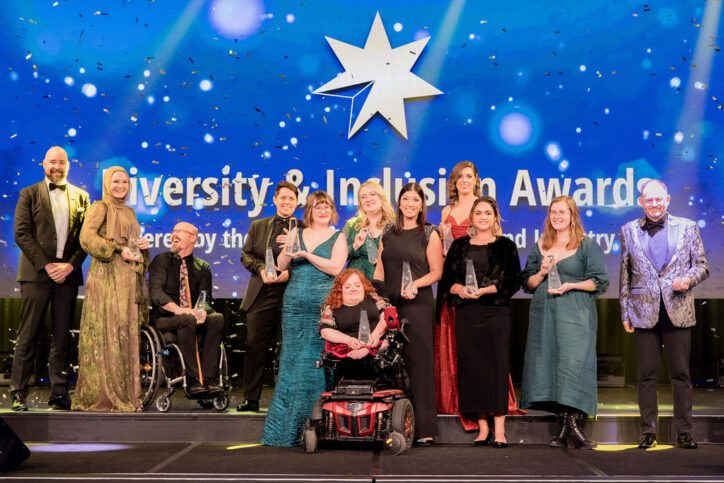Australia’s Fair Work Commission has lifted the national minimum wage by $40 per week from July 1, raising it to $812.60 or $21.38 an hour, a 5.2 per cent increase.
The $40 increase will also apply to modern awards, which will rise by 4.6 per cent overall — although the operative date for changes to awards in the aviation, tourism and hospitality sectors has been delayed until October 1, rather than July 1.
Are you affected by the minimum wage increase? Our Employee Relations Advice Centre is available to respond to your questions on (08) 9365 7660, or via [email protected].
Australia’s minimum wage is currently $20.33 an hour or $772.60 a week.
The Commission acknowledged some businesses using modern awards now faced two wage increases within a year, but noted those businesses had benefited from a delayed operative date in 2021.
LISTEN TO AARON MOREY ON ABC 720: Pay rise to worry small businesses
As the FWC said, there were some key differences in economic indicators between this year and last year, notably a sharp increase in the cost of living and the strengthening of the labour market. Today’s unemployment rate is 3.9 per cent versus 5.4 per cent in April 2021, and continued growth in employment numbers is expected.
Both the Consumer Price Index and the underlying rate of inflation at last year’s decision stood at 1.1 per cent; this year the CPI is at 5.5 per cent and the underlying rate of inflation is 3.7 per cent (and is predicted to rise to 4.7 per cent through this year).
Moderation required
“The Panel accepted the need for moderation in order to constrain the inflationary pressures arising from our decision,” the FWC said in its decision.
“The 0.5 per cent increase in the Superannuation Guarantee rate, removal of the $450/month superannuation threshold, and the 2022–23 Budget measures are also moderating factors.
“That said, the Panel noted that it was conscious that the low paid are particularly vulnerable in the context of rising inflation. Further, given the sharp rise in the cost of living since last year’s review, the increases awarded last year have resulted in a fall in the real value of the [minimum wage] and modern award minimum wages.”
The decision directly affects up to 2.7 million workers as well as others on modern awards
The FWC said it was satisfied that exceptional circumstances exist such as to warrant a delayed operative date for modern awards in the aviation, tourism and hospitality sectors. The variation determinations in respect of the following awards will operate from October 1, 2022:
- Aircraft Cabin Crew Award 2020
- Airline Operations – Ground Staff Award 2020
- Air Pilots Award 2020
- Airport Employees Award 2020
- Airservices Australia Enterprise Award 2016
- Alpine Resorts Award 2020
- Hospitality Industry (General) Award 2020
- Marine Tourism and Charter Vessels Award 2020
- Registered and Licensed Clubs Award 2020
- Restaurant Industry Award 2020.
Low-paid workers need relief
The FWC said its approach would result in “some, albeit minor, compression in relativities”, but decided that that consideration had to be balanced against the need to provide greater relief to low-paid workers in the context of rising cost of living pressures.
“Given the current strength of the labour market, the increases … will not have a significant adverse effect on the performance and competitiveness of the national economy.”
The FWC did say, however, that awarding an increase in all modern award minimum wages of the magnitude proposed by the Australian Catholic Council for Employment Relations (6.5 per cent) and the ACTU (5.5 per cent), in the present economic circumstances, would pose a real risk of significant adverse effects to the national economy.
Inflation is sitting at a 20-year high, with the Reserve Bank saying it would peak at six per cent by the end of the year.
On Tuesday, the Federal Remuneration Tribunal ordered that Commonwealth public office holders and MPs will receive a pay increase of 2.75 per cent from July 1, lifting the salary of a backbench Member of Parliament to $217,060.
For more information on IR changes and awards, contact CCIWA’s Employee Relations Advice Centre on (08) 9365 7660 or [email protected].







